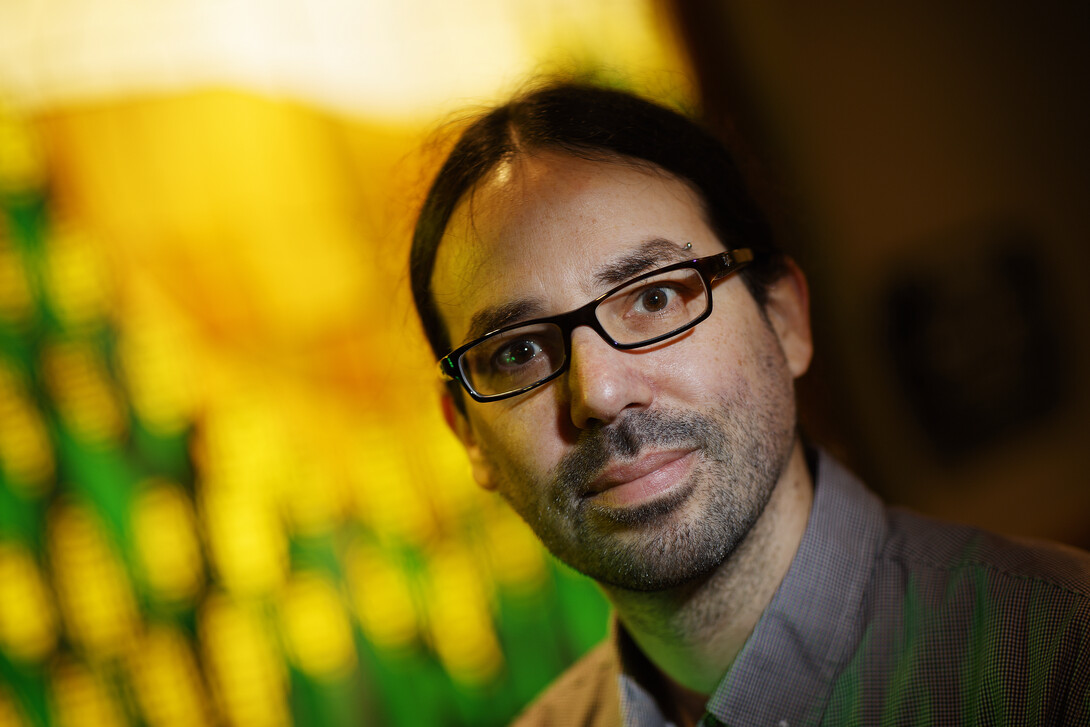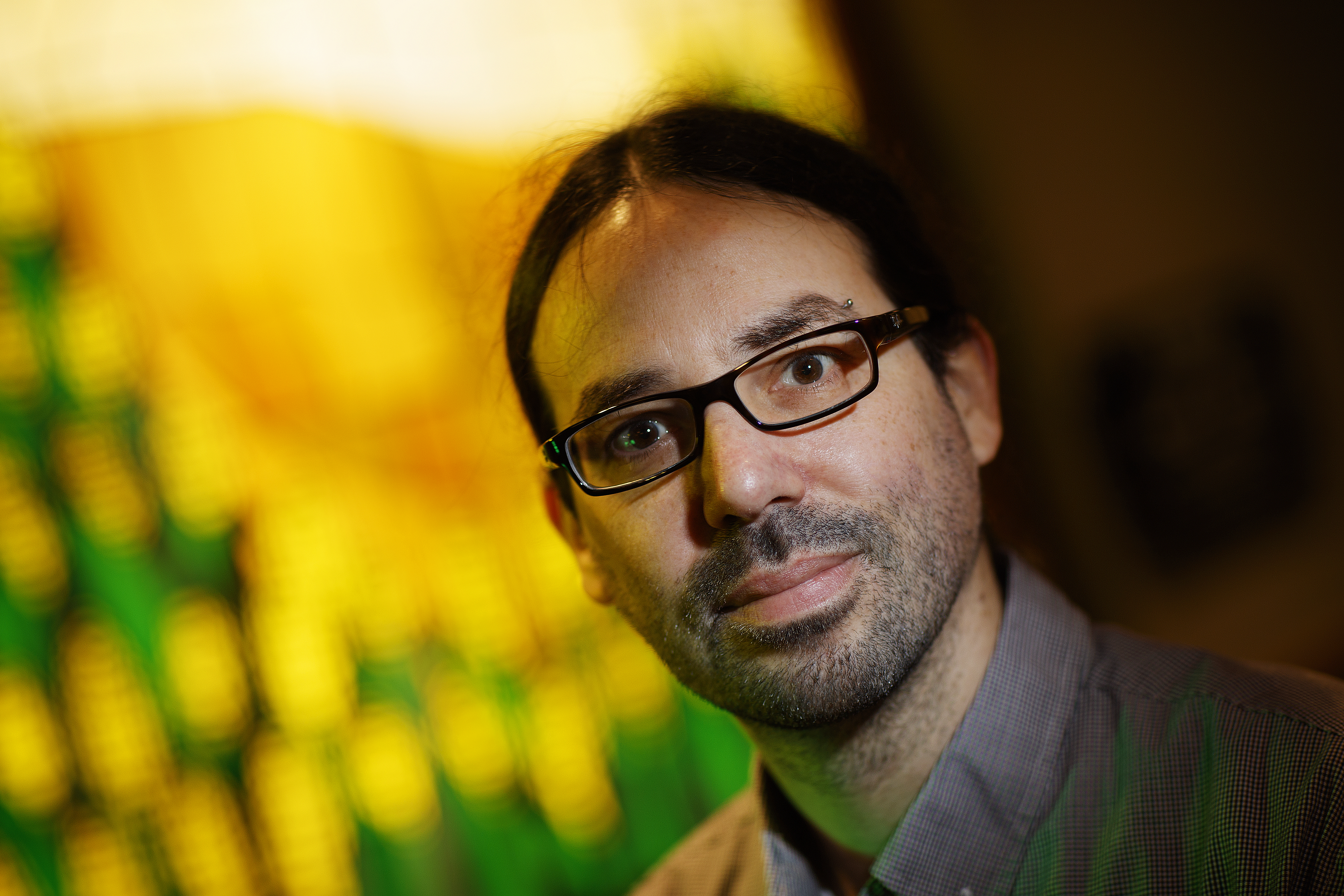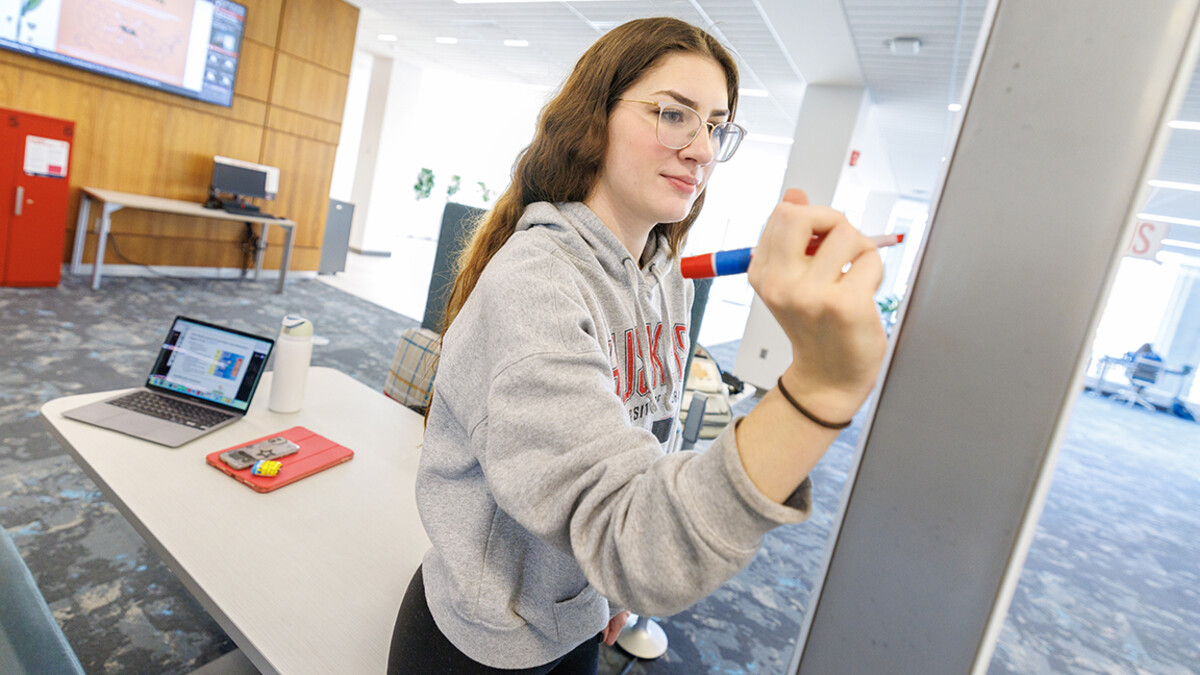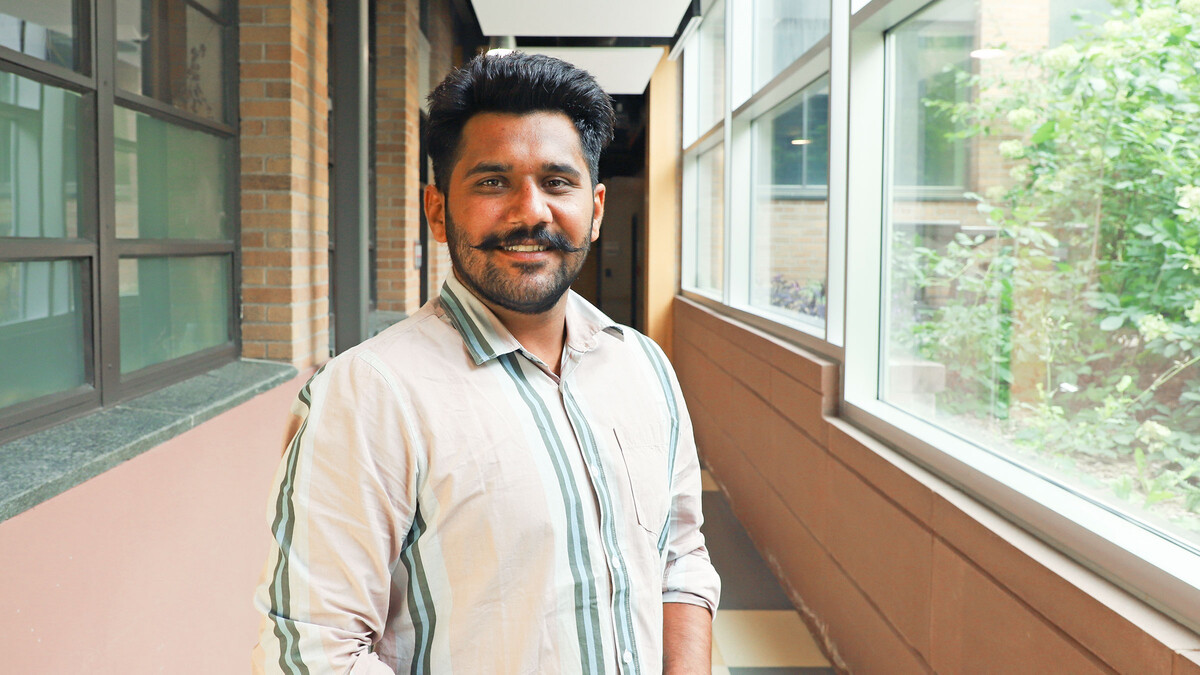
Higher education has been long portrayed as the enemy of faith, but new University of Nebraska–Lincoln research suggests teenage rebellion is playing a role in losing — or gaining — religion.
Philip Schwadel, a nationally known expert on changes in religious perspectives, explored religiosity shifts in young adults. He discovered that parents’ religious practices are a driving force.
The findings are the latest evidence Schwadel has uncovered demonstrating a college degree is no longer a good predictor of religious disaffiliation in adulthood.
This latest study found that young adults who grew up with non-religious parents are more likely to become religious in college, while those who grew up attending services regularly with their family are more likely to decrease in their religiosity as college-educated adults.
“Higher education doesn’t lead to declines in religion for all people, but it does lead to changes,” said Schwadel, professor of sociology. “It’s particularly notable for those who were raised in more secular homes. They are the ones who are rebelling the most when they go to college in the sense that they are more likely to find religion.”

Using longitudinal data from the National Study of Youth and Religion, Schwadel found for the unaffiliated, being in college was associated with a large increase in attendance at religious services. With bachelor’s degree in hand, there was a similarly large uptick in service attendance among those raised in relatively secular homes.
These results contrast with the group who reported having a more religious upbringing. Those who grew up with parents who regularly attended religious services had a moderate decrease in service attendance when they went to college, and the trend continued after graduation.
Schwadel said these changes may be driven by college students chasing new ideas and experiences. Also, religious events can be a social avenue for students, and religious groups have become more commonplace on campuses than they were a few decades ago.
“Higher education had separated itself from religion in a lot of ways,” he said. “Some research suggests that it’s re-emerging, that there are greater opportunities for students to participate in religiously based groups now.”
Schwadel said, overall, changes in religiosity appear to be a generational shift, with causes beyond higher education.
“There has been tremendous growth in the number of religious non-affiliated persons in the United States,” he said. “Going back to the 1980s, it was about 7 percent, now it’s around 20 percent, and among younger generations — millennials and post-millennials — it’s more than 30 percent.
“From the religious institutions’ perspective, the good news is that if they go to college, they’re more likely to become interested in religion.”
Schwadel will continue his research on religiosity in the United States during the 2018-19 academic year as a senior researcher with Pew Research Center in Washington, D.C., where he’ll lead a project exploring faith among American adolescents.
The study was published online and is forthcoming in the print edition of the Journal for the Scientific Study of Religion.








